Artificial Chicken Egg Incubation in Zambia: A Path to Economic Growth and Community Welfare.
Zambia, like many countries in sub-Saharan Africa, is experiencing a surge in demand for poultry products. With a growing population and changing dietary preferences, poultry production has become increasingly crucial in meeting the nutritional needs and economic aspirations of its people. However, to meet this demand sustainably, the poultry industry must adapt and innovate. One area ripe for transformation is the adoption of artificial chicken egg incubation techniques.
Growing Demand and Market Opportunities
In recent years, Zambia has witnessed a significant increase in its population, with projections estimating a population of over 20 million people by 2025. This demographic trend correlates with a rising demand for protein-rich foods, including poultry products. According to the Food and Agriculture Organization (FAO), Zambia’s poultry consumption has been steadily increasing, with per capita consumption rising from 3.5 kilograms in 2010 to approximately 5 kilograms in 2020.
This growing demand presents substantial market opportunities for poultry producers across the country. However, traditional methods of poultry farming, including natural incubation and brooding, often struggle to keep pace with the escalating demand.
Benefits for artificial brooding
The benefits of artificial chicken egg incubation extend beyond individual farmers to encompass broader societal welfare and economic development. As poultry production flourishes, it creates employment opportunities across the value chain, from hatcheries and feed mills to transportation and retail.
Moreover, increased poultry production contributes to food security and nutritional diversity, providing essential protein sources for communities, particularly in rural areas where access to alternative protein options may be limited.
Furthermore, the adoption of modern poultry farming practices fosters knowledge transfer and skill development within local communities. By encouraging governmental and non-governmental organizations to support poultry production initiatives and provide training on artificial incubation techniques, Zambia can empower farmers with the tools and knowledge needed to thrive in a competitive market environment
Artificial chicken egg incubation represents a transformative opportunity for Zambia’s poultry industry, offering the potential for increased productivity, economic growth, and community welfare. By embracing modern technologies and best practices, farmers can unlock new levels of efficiency and profitability while contributing to the country’s food security objectives.
Governmental and non-governmental organizations play a crucial role in facilitating this transition by providing training, technical support, and access to affordable incubation equipment. Through collaborative efforts and strategic investments, Zambia can harness the full potential of its poultry sector, creating a brighter future for farmers, consumers, and communities alike





